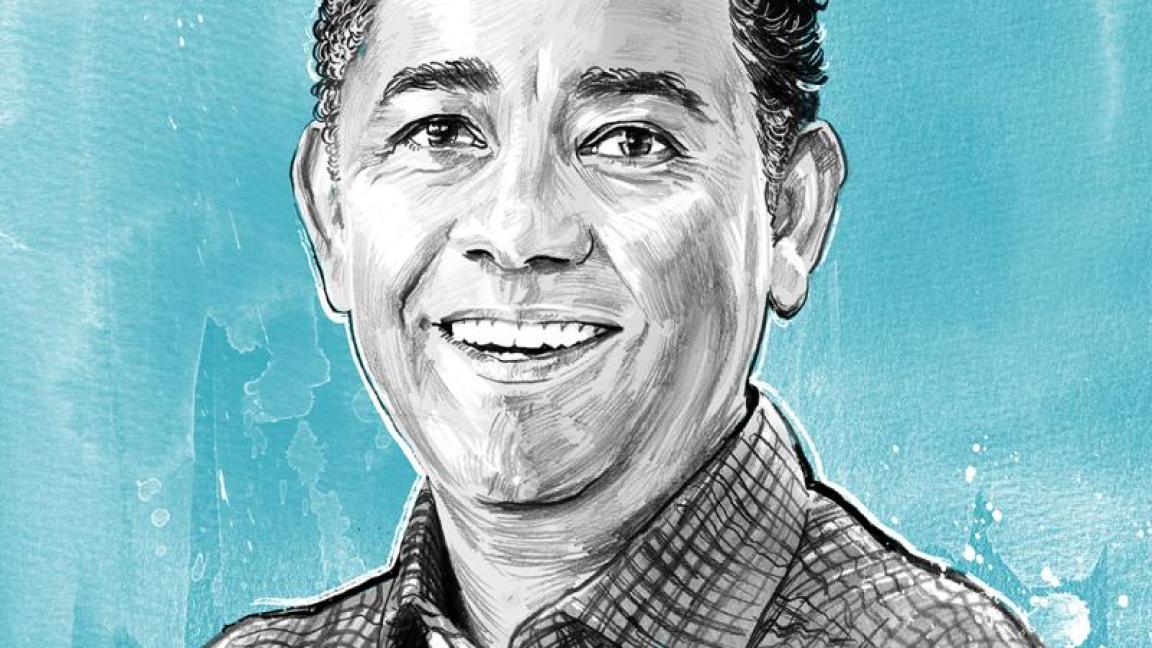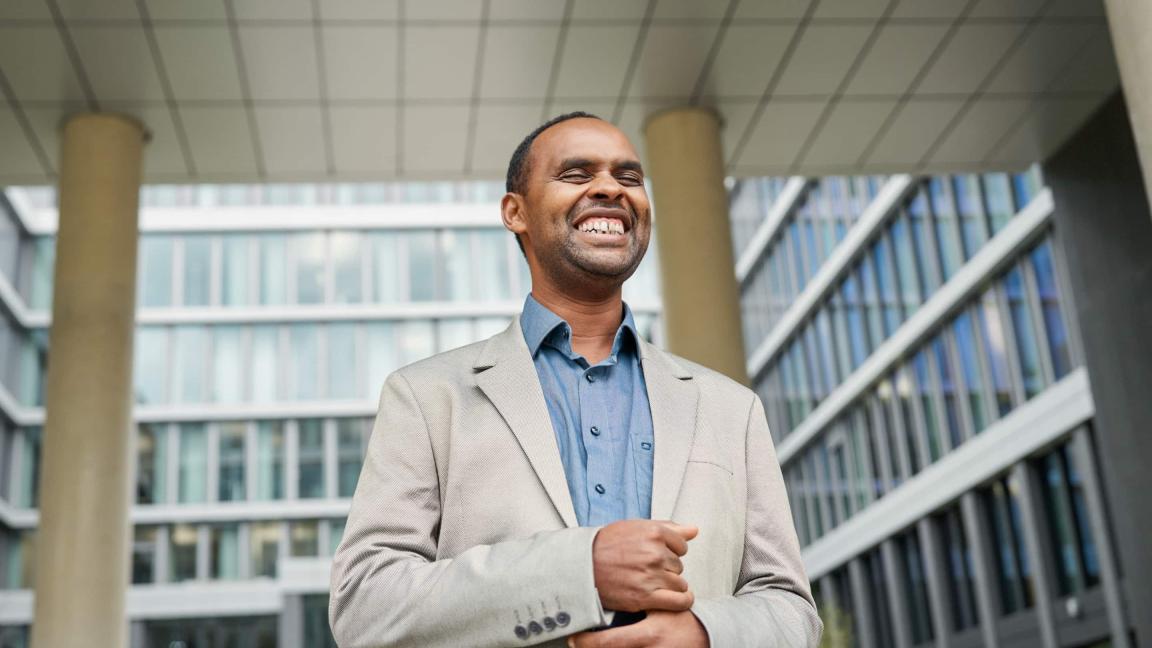German development cooperation has been working in Ethiopia since 1964.
The country’s economy is growing rapidly thanks to modernised agriculture, an expanding textile industry, and the construction and services industries. Ethiopia also has hydropower for renewable energy, plenty of agricultural land and water resources that benefit an export economy.
At the same time, many people are living in poverty. Climate change, with droughts and flooding, is putting pressure on natural resources such as land and water.
Due to conflicts within Ethiopia and its neighbouring countries, there are many internally displaced persons and refugees from Eritrea, Somalia and South Sudan in the country.
GIZ works in Ethiopia on behalf of the German Federal Ministry for Economic Cooperation and Development (BMZ) and cooperates with national and international partners on the following key topics:
- Economic development and employment
- Agriculture and food
- Democracy and the rule of law
GIZ promotes the Ethiopian private sector by providing training and financial support to micro, small and medium-sized enterprises and innovative start-ups. It also provides advice for the vocational training system and integrates refugees and internally displaced persons into vocational training. In addition, GIZ establishes links between vocational schools and the private sector.
In agriculture, GIZ provides training on environmentally friendly and socially responsible land use, climate-sensitive land management and improved resilience to drought. It also provides advice on higher yields for smallholder farms, particularly for coffee, avocado, soya and oil seed.
GIZ is also focusing on improving governance and strengthening the Ethiopian Human Rights Commission in order to expand the rule of law and citizen engagement. It is supporting the Government in implementing dialogues and transitional justice processes to deal with the consequences of past conflicts. GIZ’s Civil Peace Service (CPS) trains communities in peacefully resolving conflicts over resources such as land and water.
Beyond Ethiopia, GIZ advises the Intergovernmental Authority on Development (IGAD), the regional organisation in East Africa and the Horn of Africa, for example on migration and climate change adaptation.
On behalf of BMZ and the Federal Foreign Office, GIZ also works regionally with the African Union, which has its headquarters in the Ethiopian capital, Addis Ababa. Here, it implements projects on rural development and the rule of law, for example.
GIZ International Services, which provides services for clients worldwide, is also active in Ethiopia and Djibouti. The focus is on agriculture, economic development, e-governance and reforming the judicial system. Clients include the Bavarian State Chancellery, the European Union and the German Biomass Research Center.
Ethiopia in brief
GIZ local staff
As of: 31.12.2025
- 651 National employees
- 148 International employees
- 8 Development workers
- 1 Integrated expert
Insights


